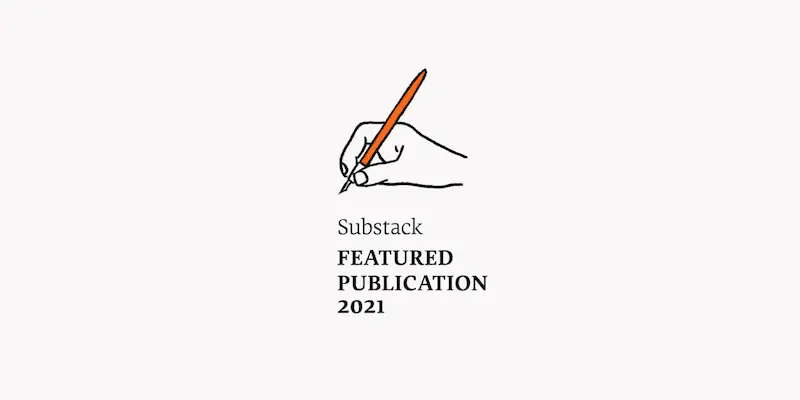Embracing Uncertainty

There are so many challenges to living through this pandemic. One of the biggest for me is the ambiguity about the future. I just wish I could know when this will all be over. I want to have a sense of predictability.
I want to feel like I’m walking on stable ground again.
Wait. Is stable ground even stable?
When we look at the ground, it sure looks stable… until it shifts all of a sudden (we call that an earthquake). When these quakes happen, we go from being completely ignorant of the ground’s movement to being utterly terrified of it.
We realize the ground was never stable to begin with. The ground is a giant land mass drifting on an ocean, resting on the surface of a rotating planet, orbiting the Sun. It’s constantly in motion in every direction.
In the same way, my life was never really stable, even before the pandemic. I was still bouncing from one uncertainty to another. Change was the only constant.
Try as I might, I cannot get rid of uncertainty. Not now, not ever. I’m still struggling to accept this realization. It’s scary to think about, but it’s an inevitable reality that has become more apparent through this pandemic.
In her book Comfortable with Uncertainty, Pema Chödrön highlights this difficult truth:
We fear losing our illusion of security—that’s what makes us anxious. We fear being confused and not knowing which way to turn. We want to know what’s happening. The mind is always seeking zones of safety, and these zones of safety are continually falling apart. Then we scramble to get another zone of safety back together again. We spend all our energy and waste our lives trying to re-create these zones of safety, which are always falling apart.
We can never know what will happen to us next. We can try to control the uncontrollable by looking for security and predictability, always hoping to be comfortable and safe. But the truth is that we can never avoid uncertainty. This not-knowing is part of the adventure. It’s also what makes us afraid.
If we cannot avoid uncertainty, we must embrace it.
We must stop trying to control and predict every aspect of our lives, and instead develop the skills to handle what comes our way.
Sitting with Discomfort
The biggest lesson I’ve learned from Pema is the importance of sitting with discomfort. For me, it has meant giving up on trying to just talk things out with a friend. Yes, those conversations are helpful, but I can’t expect to solve the pandemic from a conversation.
Instead, I need to accept the fact that this pain will persist, and I can’t immediately resolve it. I must accept that it’s out of my control.
Staying is how we get the hang of gently catching ourselves when we’re about to let resentment harden into blame, righteousness, or alienation. It’s also how we keep from smoothing things over by talking ourselves into a sense of relief or inspiration. This is easier said than done.
With practice, we learn to stay with a broken heart, with a nameless fear, with the desire for revenge. Sticking with uncertainty is how we learn to relax in the midst of chaos, how we learn to be cool when the ground beneath us suddenly disappears.
Somehow, I’ve found that the mere acceptance of discomfort provides comfort. Since I can’t solve it, at least it’s one less thing to worry about!
Self Compassion
Another important tactic around tackling uncertainty is practicing self-compassion. I’ve been meditating for a couple of years (and find it incredibly beneficial), but still struggle to fully “buy into” self-compassion.
One action I did take was giving myself permission to take a break. In practice, this meant taking some space for myself and playing a video game.
It may seem like a small thing, but it went surprisingly far. It gave me permission to play again. It gave me room to breathe. It gave me the space to just be for a while, with no expectations. It gave me time to recover. A week later, I finally found the energy to be creative again. I made a little sketch. I wrote a couple of tweets.
And now, here I am, writing this essay. I doubt I would have the mental strength to tackle this topic without taking care of myself first.
Anti-Fragility
One of the best resources I’ve found on handling uncertainty is Leo Babauta’s blog, Zen Habits. Recently, Leo wrote about an idea to improve our ability to handle stressors that come into our life by making ourselves more anti-fragile. There is a wealth of tactics discussed in his post, and I’m curious to explore how to implement them in my own life.
One idea that stood out to me was the practice of intentionally injecting stress into your life. At first, this may sound like a terrible idea (why would you purposely stress yourself?), but it’s actually a practice we are already quite familiar with. Exercise is an intentional act designed to stress our bodies. By design it is required to be somewhat painful (‘no pain, no gain’).
We do it anyway because we know that it’s good for us, and because we know the pain is temporary. We rest, recover, and our muscles grow back stronger.
In a recent commencement speech, Brené Brown shared how she learned to stop being afraid of falling. She recognized that falling is an opportunity to learn, and get back up stronger than before. Through her own trials and tribulations, Brené embraced this mantra: Nothing Wasted, Muscles Built.
We never had to learn how to grow muscles. This knowledge came built-in with our bodies. In the same way, emotional resilience is an innate human capacity.
Sometimes it’s buried deep, but it’s there nonetheless. We need to venture within ourselves to find it, and often that process is a painful one.
Just as it is in our nature to fall, it is in our nature to get back up.

